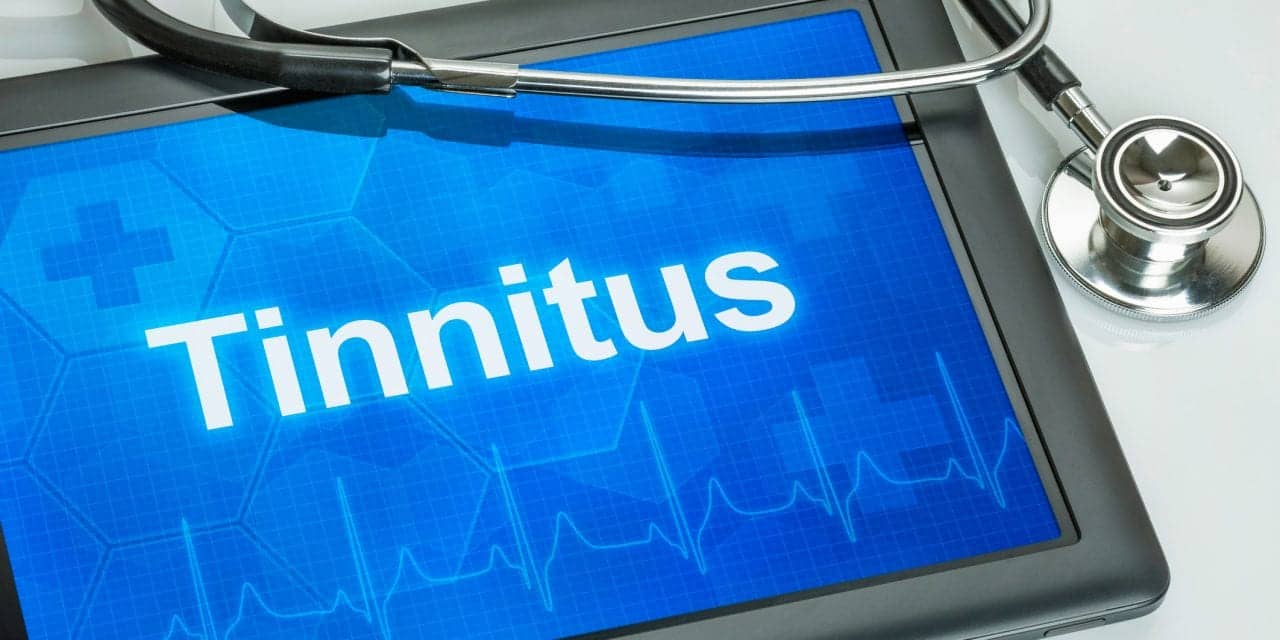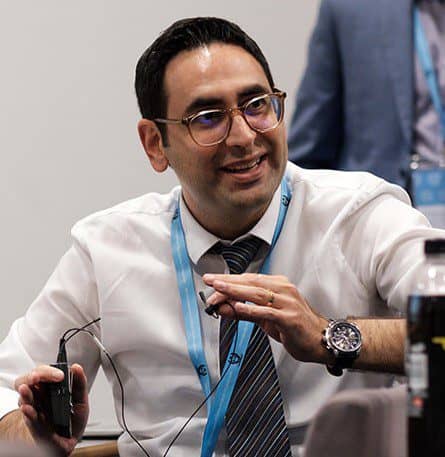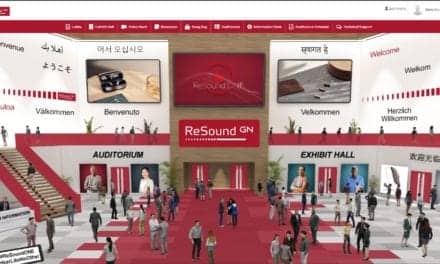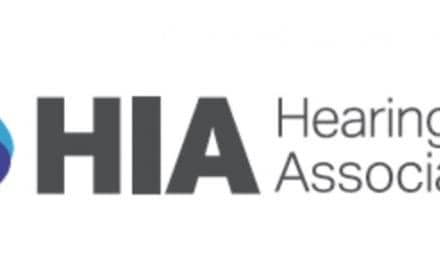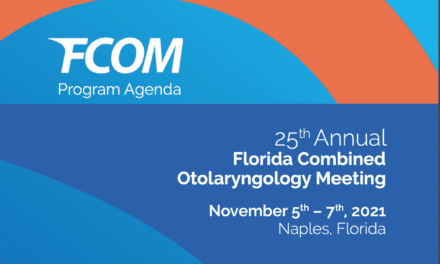By Hashir Aazh, Audiology Department, Royal Surrey County Hospital NHS Foundation Trust, Guildford, United Kingdom; Berthold Langguth, Department of Psychiatry and Psychotherapy at the University of Regensburg, Regensburg, Germany
In July this year, the international community of tinnitus clinicians and researchers must choose between two scientific events which overlap on July 1. Both events are highly relevant to tinnitus experts and offer rich scientific programs. Tinnitus at the Lake is organized for June 30 and July 1 in the picturesque Herrsching near Munich in Germany by the Tinnitus Research Initiative (TRI). On the other hand, the 6th International Conference on Hyperacusis and Misophonia (ICHM) is planned for July 1-2 at Birkbeck College, London’s Bloomsbury. This has presented a dilemma for many of our colleagues: Tinnitus at the Lake or Hyperacusis in Bloomsbury?
In this article we share some information about both events in order to help you to make your decision! Good luck!
Scientific Program: Tinnitus at the Lake
Tinnitus at the Lake is expected to present a new concept which is fundamentally different from that of a “conventional” scientific conference. The meeting consists of two types of interactive sessions: (1) “This is how I do it” and (2) The interactive A meets B sessions.
The “This is how I do it” sessions aim to facilitate the exchange about practical topics in smaller groups about how you do a specific treatment (tips and tricks), how you do a specific diagnostic procedure or routine a specific tinnitus case, and what you have done (or you want to discuss what to do).
On June 30, the “Topic A meets Topic B” sessions will focus on exploring the crucial experiment(s) needed to develop objective measures for tinnitus. This is very important topic as currently there are no objective measures that can reliably detect tinnitus or assess its severity. The second theme on the morning of June 30 is to assess research on personalized and combinational treatments for tinnitus. Often, people with complex conditions such as tinnitus require a range of treatments which address medical, psychological, and social aspects of their problem. Assessment of a package of complex interventions through research needs to explore various impacts of the intervention package, assessing its value relative to the resources required to deliver it, and exploring the underlying mechanisms of why the interventions work as well as their “active ingredients.” These cannot be established by simply comparing pre- and post- self -report questionnaires or event tracking certain biomarkers before and after treatment. Researchers would need to consider how the intervention package interacts with the context in which it is implemented and many other factors which this session aims to discuss.
In the afternoon, the sessions will focus on discussing the benefits and limitations of using Big Data analysis to better understand tinnitus heterogeneity and the temporal dynamics of tinnitus. It is only with large databases that statistical methods can draw firm conclusions about what is related to what. Clearly, this can guide future management of tinnitus patients. But can the data also mislead us? A comprehensive discussion among researchers and clinicians on the benefits and limitations of using Big Data can shed some light on these questions.
On July 1, the interactive A meets B sessions will explore what can make the tinnitus field more attractive for investors. How can pharmaceutical companies, medical equipment makers, etc.., become interested in investing in R&D activities related to tinnitus? Then, a discussion on a newly proposed diagnosis of tinnitus disorder. What do we think of it? What difference can it make for tinnitus patients and the professionals who help them?
Finally, the elephant in the room: some talks about the impact of the COVID-19 pandemic on tinnitus, the lessons learned, and the way forward.
Next, we review the program for ICHM.
Scientific Program: Hyperacusis in Bloomsbury
The ICHM covers topics which are relevant for audiologists and other healthcare professionals who are involved in the assessment and/or management of patients with tinnitus and hyperacusis and misophonia. This conference aims to bring together studies of audiology, mental health, neuroscience, psychoacoustics, neurology, and other areas. The conference involves keynote lectures, free papers, and academic debates.
On July 1, the first session is dedicated to “Psychology and Psychological Interventions for Hyperacusis and Misophonia.” In this session, three different psychological models for hyperacusis and misophonia will be discussed. The first model is informed by audiologist-delivered cognitive behavioral therapy (CBT). For over two decades, audiologist-delivered CBT in the UK has been focused on the rehabilitation of tinnitus and hyperacusis, but recently, it has been utilized for supporting patients with misophonia too. This new application of CBT has led to some advancements in its conceptual model, not only for misophonia, but also for patients with tinnitus and hyperacusis. The second model combines CBT and Dialectical Behavior Therapy (DBT) which will be presented by an eminent psychotherapist from Southern California. The third model is developed by clinical psychologists at the University of Oxford. In addition to these models, there will be discussions on temperamental traits and psychopathology among patients with misophonia. It is important to be able to distinguish misophonia from possible comorbid DSM-5 diagnoses and health problems. This section will be led by researchers from Poland and North Carolina.
The second session is allocated to “Physiological and Imaging Studies.” Recent studies that compare brain scans between people with misophonia and controls will be presented. This is very important as some of the results showed that individuals with misophonia had stronger connectivity between both auditory and visual cortex and the area in the brain responsible for orofacial movements. This can give us some clues about the underlying mechanism of misophonia and directions for future treatment modalities for this disabling condition. Researchers from Germany, the Netherlands, Iran, and India will share their results about how physiological tests such as ABR, OAE, and other relevant biomarkers can be used for assessment of hyperacusis and misophonia. As previously mention, currently, there is no objective measure that can reliably detect hyperacusis/misophonia or assess their severities. Another topic also covered in this session is if treatments for APD or tinnitus potentially have a secondary benefit of improving symptoms of hyperacusis and misophonia.
On July 2, a wide range of studies on various assessment methods for hyperacusis and misophonia and studies exploring how these conditions impact the life of the sufferers will be presented by audiologists, occupational therapists, psychologists, and researchers from Florida, the UK, Germany, the Netherlands, and Belgium. It is very important to explore various research methodologies and statistical techniques which are used for development and verification of psychometric instruments and to discuss their benefits and limitations. The final session is allocated to “Hyperacusis and Misophonia in Tinnitus.” In this session, talks from ENT surgeons, hearing scientists, audiologists, and public health experts will explore the relationships between symptoms of hyperacusis and misophonia in tinnitus clinical populations. Do tinnitus patients with cochlear implants complain of hyperacusis and misophonia? Is severity of misophonia related to severity of tinnitus and audiological characteristics of patients? How can our experience of tinnitus mobile apps be utilized to help patients with hyperacusis and misophonia?
Attractions at the Lake:
Herrsching, a former fishing village about 19 miles south of Munich on the shores of Lake Ammersee, is easy to reach by train from Munich. It offers the longest lakeside promenade in Germany, steamboat tours on Lake Ammersee, the Kurpark am See, the Kurparkschlösschen with changing exhibitions, and a pottery market, as well as an impressive hiking trail through Kiental up the holy mountain to the Andechs monastery with its world-famous brewery. You can easily combine Tinnitus at the Lake with a trip to Munich, the pulsating capital of Bavaria, or with a trip to the Bavarian castles in the Alpine foothills.
Attractions at Bloomsbury:
Bloomsbury is a district of central London associated with many artists and writers such as Charles Dickens, T.S. Elliot, George Orwell, and even Sigmund Freud. T.S. Elliot used to teach English in Birkbeck and, to this date, Birkbeck offers master courses of psychoanalysis that review historical development of psychoanalytic thinking as conceived originally by Freud. It is said that that George Orwell was inspired by the monumental white tower of University of London’s Senate House in Bloomsbury for the portrayal of the Ministry of Truth in his novel 1984!
July is the perfect time to visit London. There are plenty of attractions, events, and festivals. Discover attractions near the conference venue:
British Museum, 2-minutes walk
The National Gallery, 25 minutes walk
Westminster, 13 minutes drive
London Bridge, 14 minutes drive
Greenwich, 30 minutes drive
Madame Tussauds, 6 minutes drive
Westminster Abbey, 35 minutes walk
Harrods, 18 minutes with tube
St Paul’s, 28 minutes walk
Regents Park, 23 minutes drive
Buckingham Palace, 35 minutes walk
Piccadilly, 25 minutes walk
Oxford Street, 23 minutes walk
University College of London, 5 minutes walk
London Eye, 13 minutes drive
Canary Wharf, 30 minutes with underground
To sum up!
Both events will help you to (1) Enhance your knowledge about the latest research; (2) Help with clinical decision-making; (3) Trigger new ideas, and (4) Network with colleagues. If you would like to better understand the future directions in tinnitus research and enhance your skills in tinnitus management then enjoy the lake! If you would like to take on a new challenge and learn about assessment and management of hyperacusis and misophonia in the clinics or if you are interested in research on hyperacusis/misophonia, then join in Bloomsbury!
And, if you can’t decide, you start June 30 at Tinnitus at the Lake and then move July 1 to the hyperacusis and misophonia conference in London!
Registration:
Tinnitus at the Lake: https://www.tinnitusresearch.net/index.php/tinnitus-at-the-lake/registration.
6th International Conference on Hyperacusis and Misophonia: https://hyperacusisresearch.co.uk/registration/.

